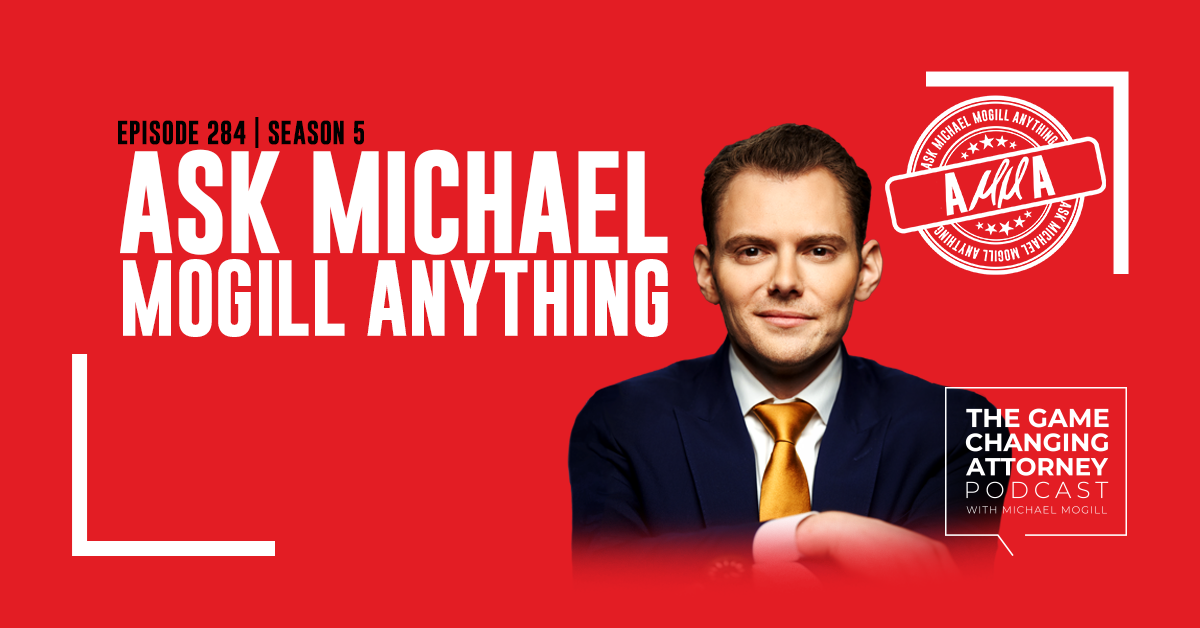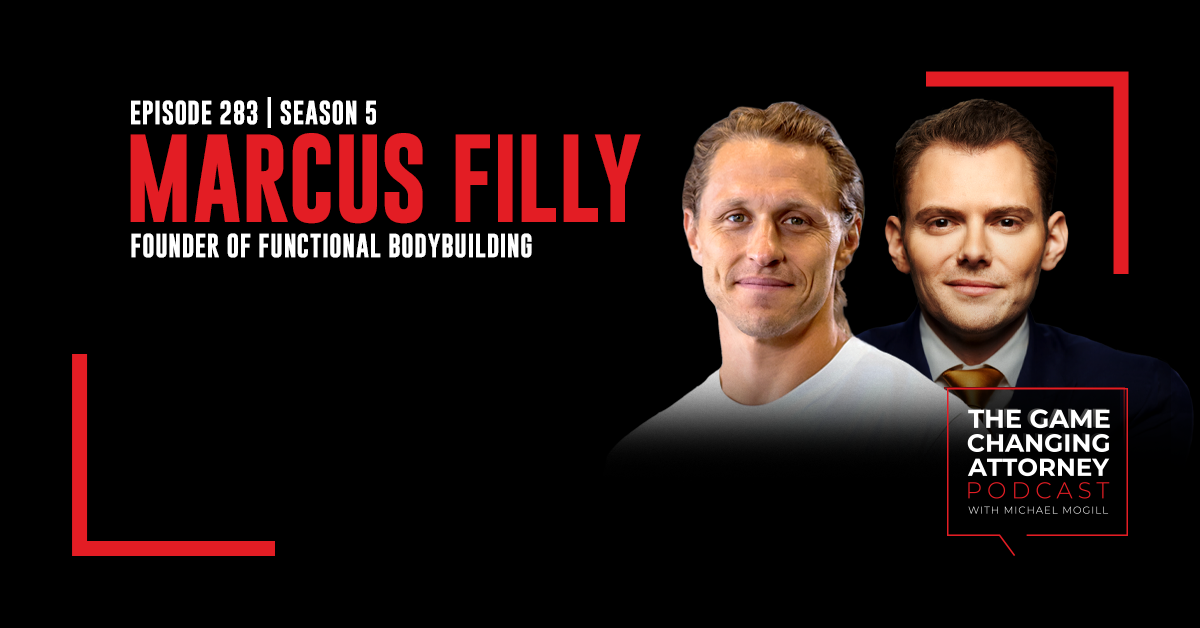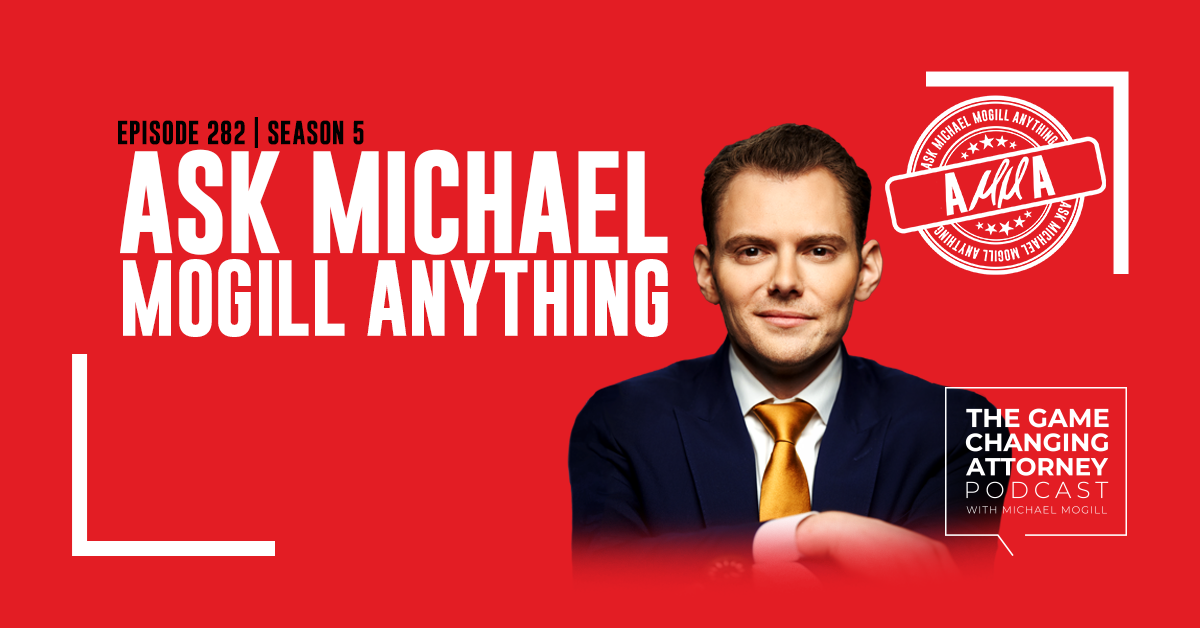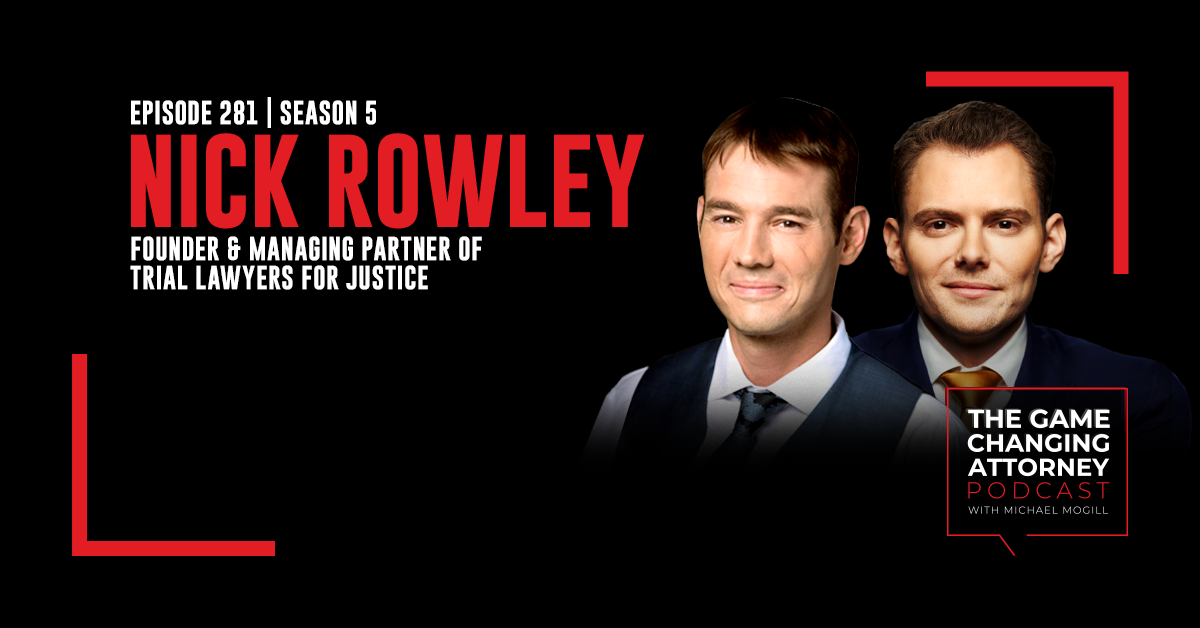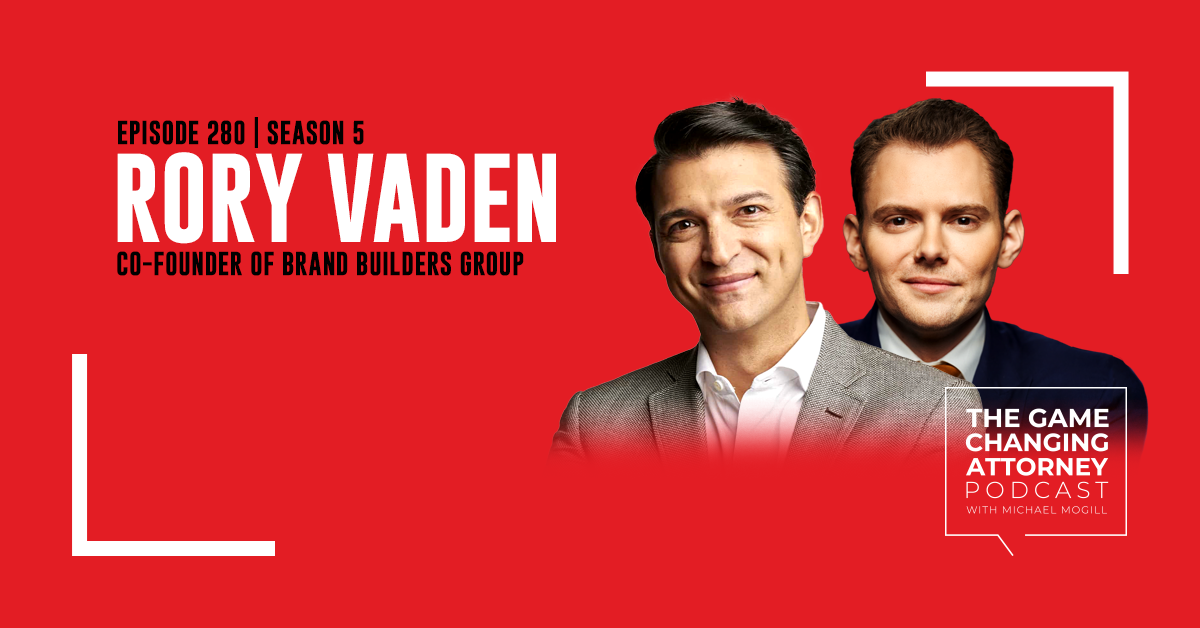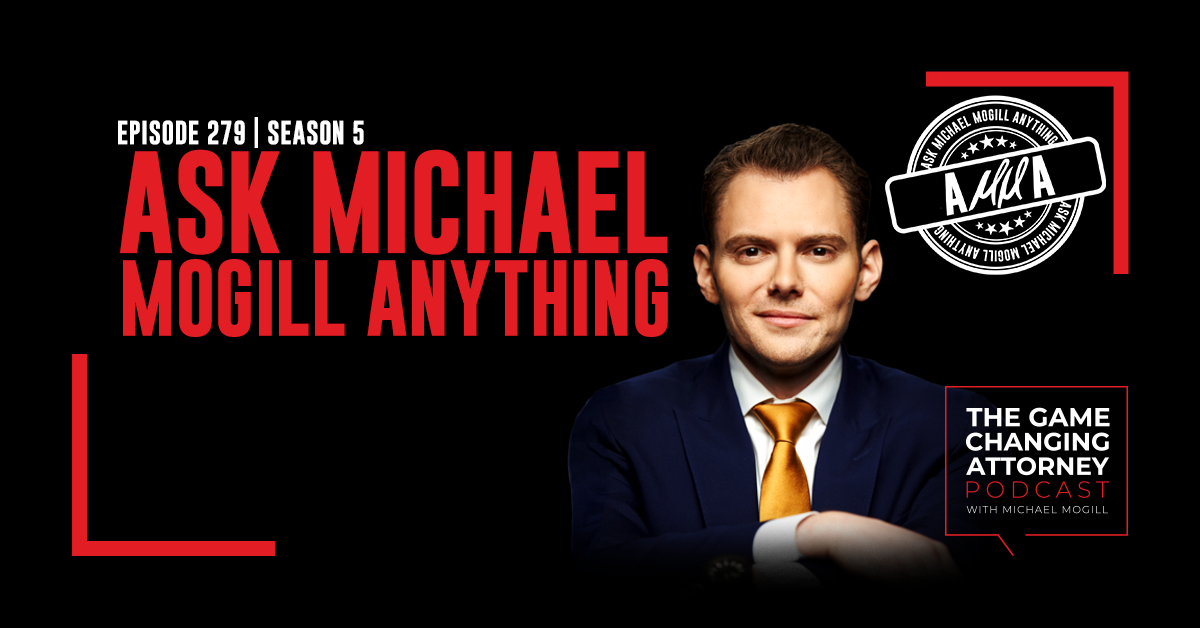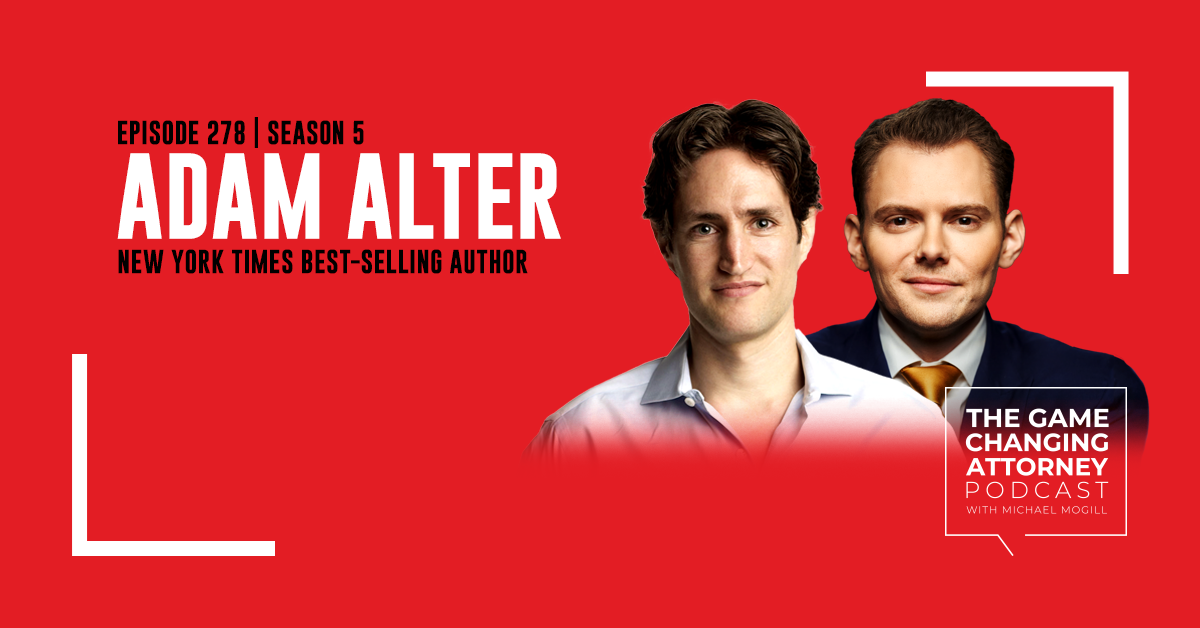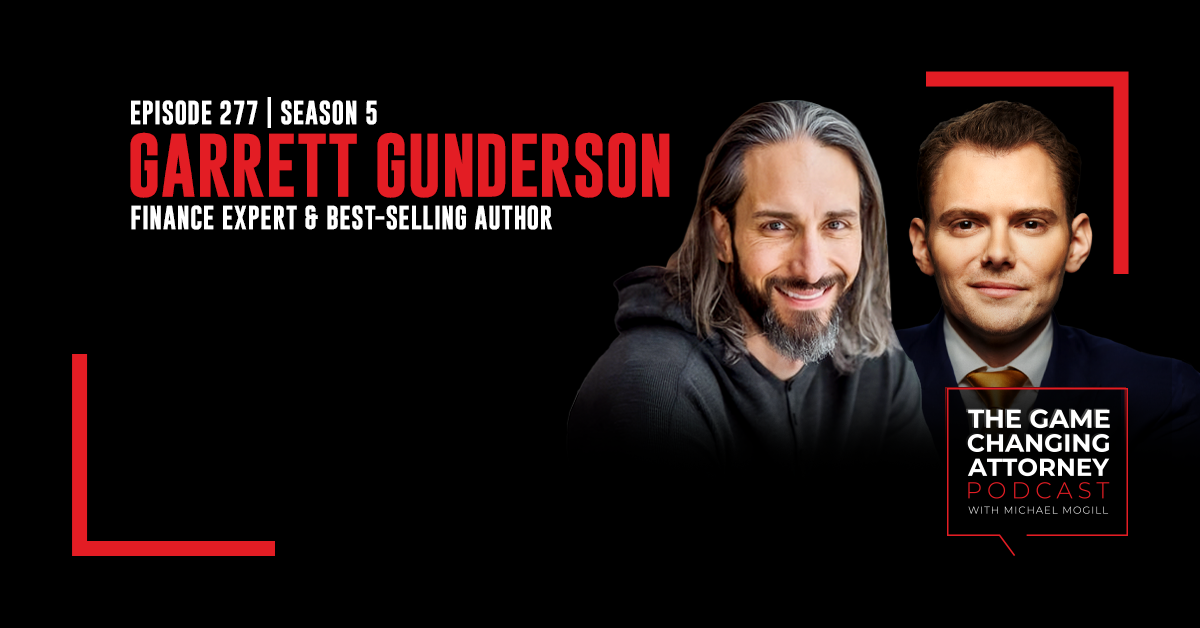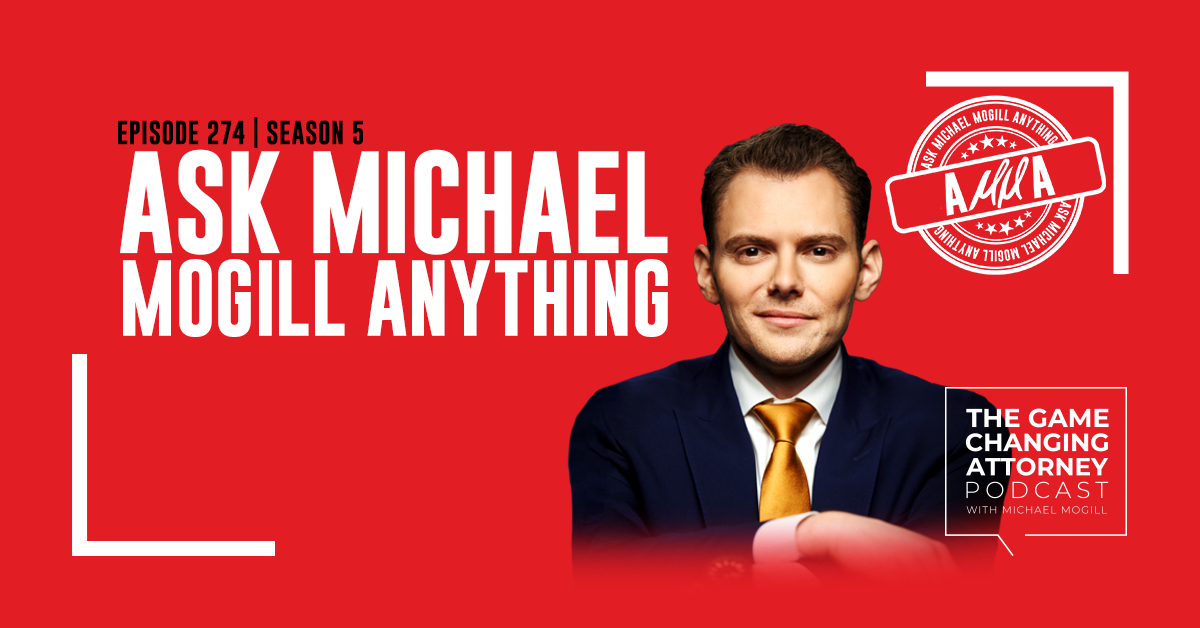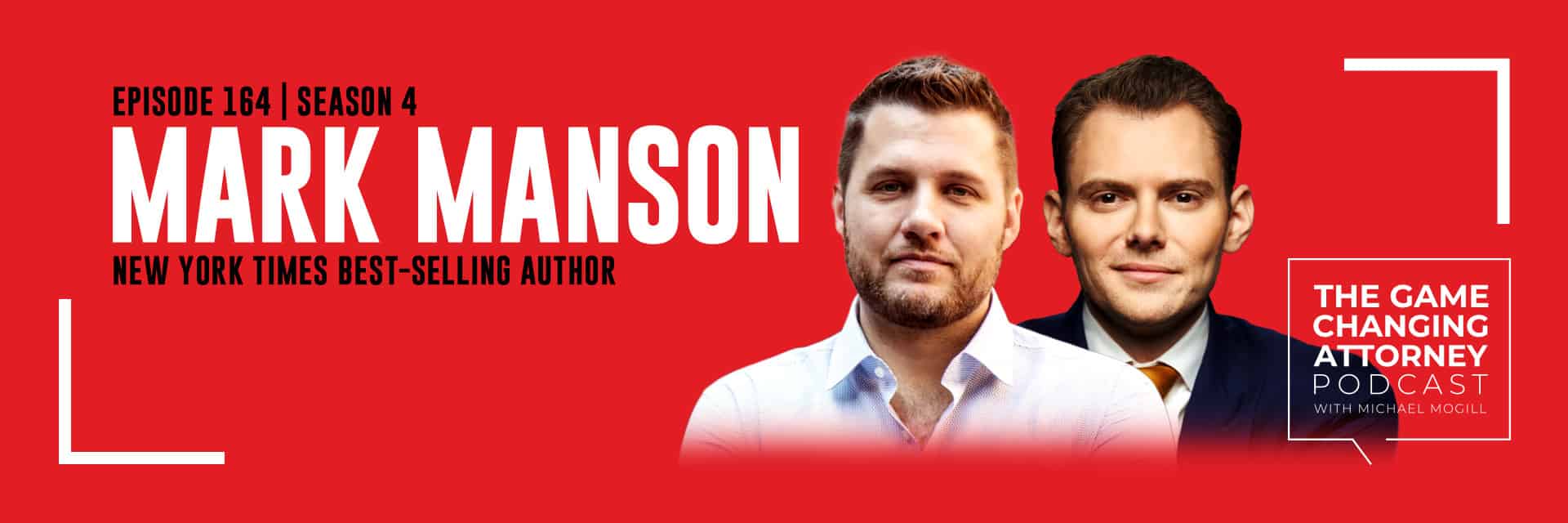
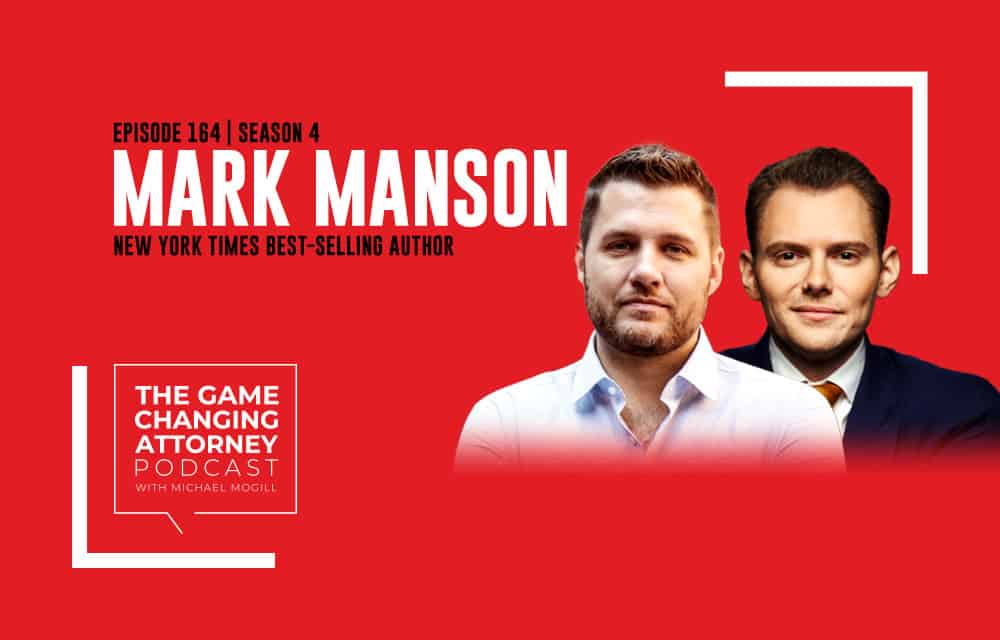
Episode 164 — Mark Manson — The Subtle Art of Not Giving a F*ck
Mark Manson, the author of popular books like The Subtle Art of Not Giving a F*ck and Everything Is F*cked: A Book About Hope, presents a well-researched and practical approach to what he refers to as “the crisis of self-actualization.”
In contrast to other self-help experts, Mark avoids offering quick fixes or elaborate systems. Instead, he provides a straightforward and rational examination of one’s life, incorporating scientific evidence and insights from both Eastern and Western philosophies.
In this episode of The Game Changing Attorney Podcast, Mark and Michael address:
- Why it’s impossible to devise a formulaic process for achieving happiness
- How true freedom necessitates setting limitations
- Why the things we are willing to give up hold greater significance than our desires
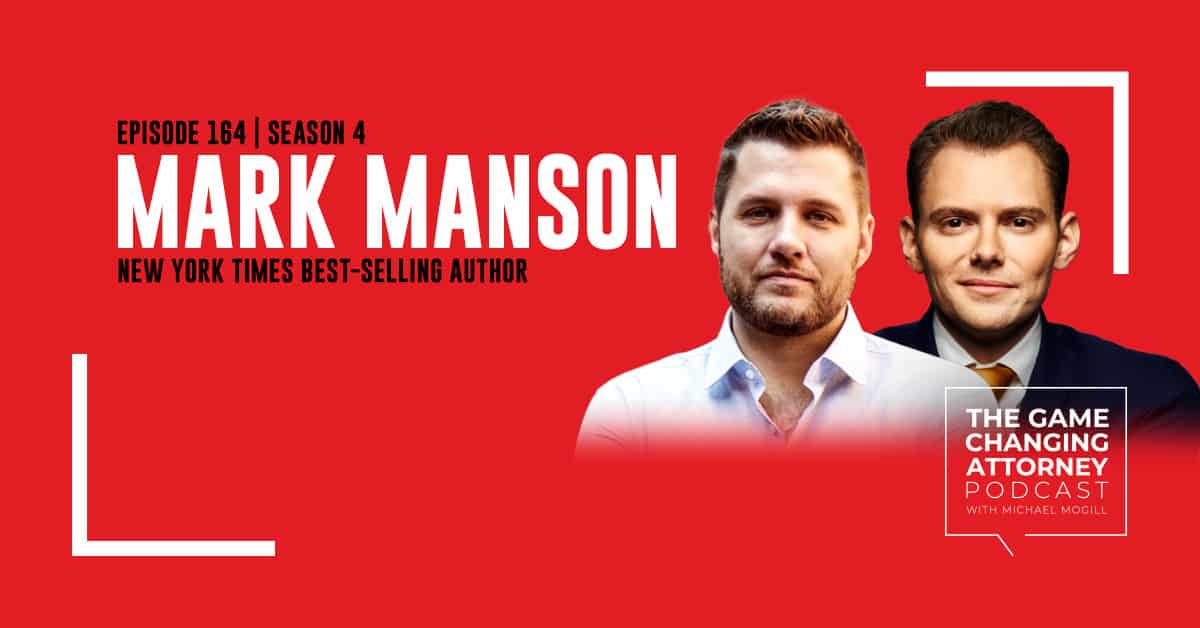
Listen & Subscribe
Show Notes:
What is it that people are chasing? “I think a lot of Western culture is just predicated on this idea that whatever goal it is you have, there is some sort of algorithmic way of accomplishing that goal. If you want to be a hotshot lawyer, you get into one of these law schools, and then you go clerk or whatever at one of these firms, and then you work your way up, and there’s step 1, 2, 3, 4, 5. You can kind of lay it all out on a sheet of paper. I think so much of our society and culture is built around that kind of assumption that we try to apply that to mental and emotional states, and it completely backfires. There is no algorithmic process for happiness. In fact, the mere fact that you try to create an algorithmic process for happiness prevents you from experiencing happiness. The fact that you are trying to manipulate or maneuver yourself into a sense of freedom is the exact thing that is preventing the sense of freedom. This is where the more Eastern philosophical approach I think got it right, which is that there are certain things in our internal experience that you cannot bargain for. You cannot negotiate. The way you get to them is actually by letting go, not by controlling more.”
The subtle art of not giving a f*ck. “What ‘not giving a f*ck is, or essentially the question of, ‘What do you give a f*ck about?’ is a question of values and priorities. I strongly believe that the core question of our day and age is ‘What is worth caring about?’ or ‘What is worth focusing on?’ We live in an age where we are constantly overwhelmed with information and opportunity, and so the biggest struggle for most of us is to figure out where to delegate our limited time and attention. What is worth focusing on? What is worth caring about? It’s a really, really hard thing to figure out. I think five years ago, when the book came out, people were very unaware that struggle was going on within themselves. I think today people are generally aware that it is a struggle, but as a culture we still haven’t really figured out how to tackle it.”
Attachment to things causes suffering. “Whether you are abundant in something or lacking in something, it’s that attachment to that thing that is causing you to suffer — not the thing itself. I kind of modernize that in the book by framing it in terms of happiness. If you think that you’re going to get rid of all your problems and that’s going to make you happy — trying to get rid of all your problems is itself a problem. Getting rid of your problems and keeping your life so that it has no problems is itself a problem. Any solution to a problem merely presents a new problem, so there’s this endless stream of problems in life. Our problem is not that we have problems. It’s that we think that we shouldn’t have them, or that our expectation is that it’s possible to live without problems. The chapter’s very much just a call to find problems you enjoy having. That’s essentially what happiness is — finding the struggle that enlivens you, makes you excited to get up in the morning, and feels meaningful. Because you’re never going to get away from struggle. You’re never going to get away from attachment. You’re never going to get away from problems. So you might as well find the ones that feel as though they’re worth suffering for.”
There is no meaning in life without struggle. “A prerequisite for happiness is a constant source of struggle. It’s funny because if you look outside the realm of emotions, this is just an obvious thing in other aspects of life. To have a healthy body, you have to constantly put it through stress and strain. To have a healthy career, you have to consistently surmount and overcome challenges. If you’re working in a firm and you’re literally not accomplishing anything, obviously you’re not going to be promoted or given more responsibilities. In every other aspect of life, we just understand it as obvious that you need to struggle to progress. You need struggle to remain healthy and happy, but for some reason when it comes to our emotional life, we have this weird expectation that we should just be able to be happy. We shouldn’t have to deal with anything.”
A hundred years ago, finding meaning in life was easy. But now? “The fact that you can even ask what your purpose should be represents that you are already at such a prosperous level that you should be really grateful. In places like the United States or Western Europe, the majority of people are in a place where they’re prosperous enough that they can sit around and ask themselves what their purpose is. And it causes this kind of existential angst, this anxiety and constant low-level stress and questioning of identity. I think that’s just the trade-off for safety and prosperity.”
Do the thing you’re terrified of. “Whatever it is in your life that you’re most afraid to do, that causes you the most amount of anxiety — within reason — that’s the exact thing that you need to be doing. That’s the thing that you’re avoiding the most. For me, it was that I was absolutely terrified of any sort of commitment whatsoever. I was terrified of committing to a person, to a city, to a career, to anything. If you had pulled aside 26-year-old Mark and said, ‘You know what you need? You need to choose what you’re willing to give up,’ that would have terrified me. But it would have terrified me because it was exactly true. It was exactly what I needed to do. It was exactly what I needed to hear. I think that’s true in a lot of our cases. The thing that our friends or family say to us that scares us the most, that’s probably our blind spot. That’s probably what we’re missing.”
What is the next step for someone struggling with a crisis? “What I’ve found most effective for myself and the people I know and talk to is: start by removing things. It can even be as superficial as removing who you follow on social media, or removing social media entirely, or certain platforms entirely. Removing websites that you follow, removing subscriptions to newspapers, removing information sources, removing people who drain you or work affiliations or things from your personal life that drain you. For me, it just keeps coming back. Every time I struggle with this stuff — which has basically been every three to four years my entire adult life — I always come back to it. It’s eliminating stuff that makes it better for me. And again, I think it’s just that we’re all swimming in abundance right now, and that’s actually causing most of our problems.”
What does being a game changer mean to you? “I think being a game changer is willing to look at unconventional ideas or options — being willing to perhaps risk shame or embarrassment doing the thing that’s not expected. Because generally, anything that’s going to be high-impact, there is going to be quite a lot of social risk attached to it. I think developing the ability to act on that, despite social risk, is a huge thing to develop in oneself.”
RESOURCES & REFERENCES
The Subtle Art of Not Giving a F*ck by Mark Manson
Winston Churchill
Theodore Roosevelt
Abraham Lincoln
The Buddha
Buddhism
Connect with Michael
- Text directly at 404-531-7691
